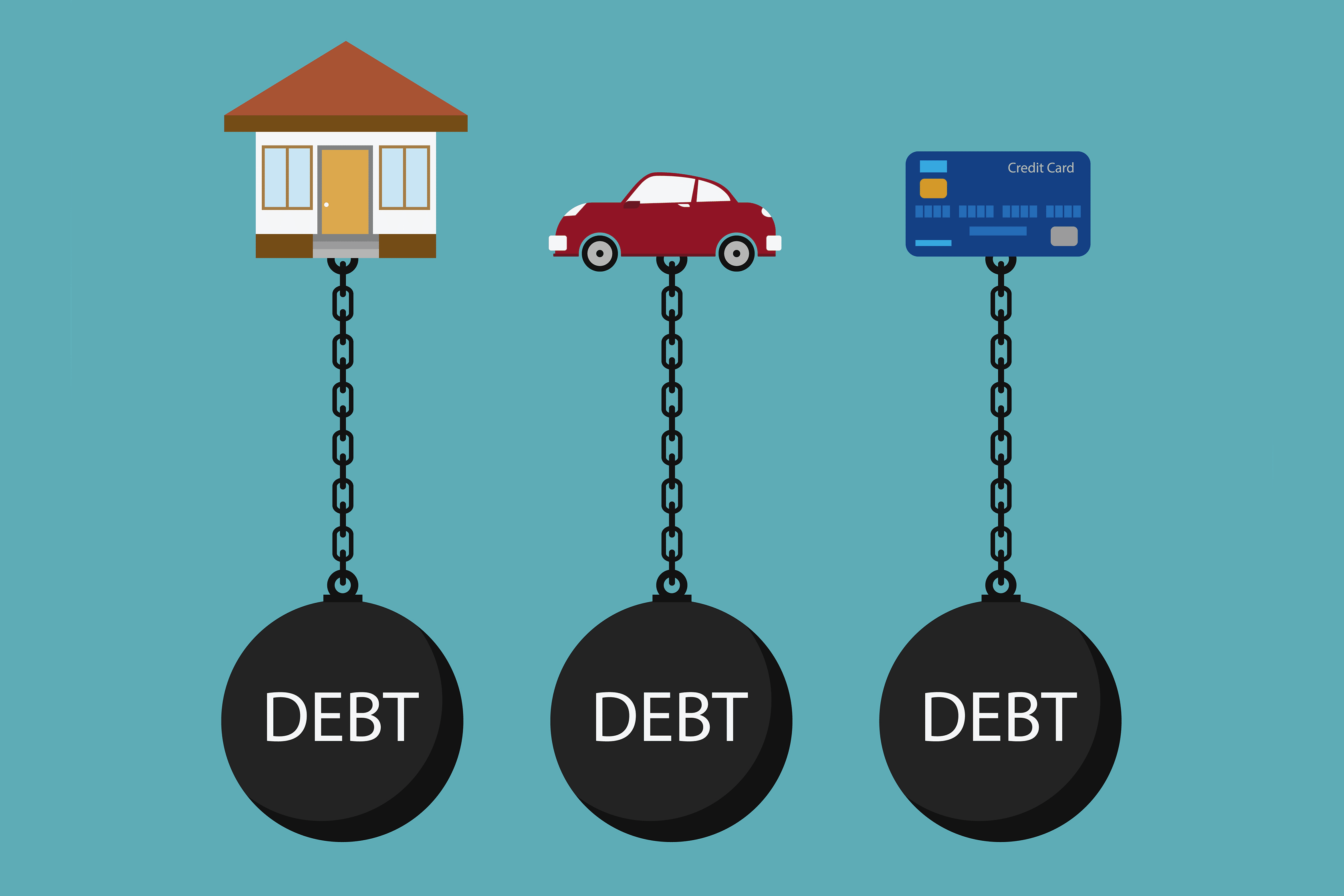
Whenever I talk about the federal funds rate (or fed rate), it’s usually in response to the affect it has on mortgage interest rates. In most of the news outlets as well, this angle usually spurs the most interest from potential homebuyers as they try to time the market for their home purchase. However, there is a group of people that this change could affect more, and they might have nothing to do with the home buying demographic.
If you haven’t heard already, earlier this week, the Federal reserve announced that it would likely increase the federal funds rate once more before the end of the year. The larger group of negatively-affected individuals will be those who depend on credit card debt interest rates. With most people signed up into variable rate credit cards, the Feds announcement will also likely mean higher interest rates on your credit card debt. Paying off those debts should be a priority anyway, but the Federal rate hike should be a push harder.
On the positive side, a higher federal rate should also push annual percentage yields (APYs) on your savings account higher too. As banks are earning more on their loans, the savings should trickle down to the customer in the form of higher rates. This increase is usually slower than the pace of variable credit card rates, so don’t expect to see a barrel of money in your account any time soon.
I know each situation is different, and I am by no means an expert in financial or tax strategy. However, my goal is just to remind you that there are other aspects of your financial health that are affected by the federal government. If you need help, definitely find an expert or try your own calculations.
Leave a Reply